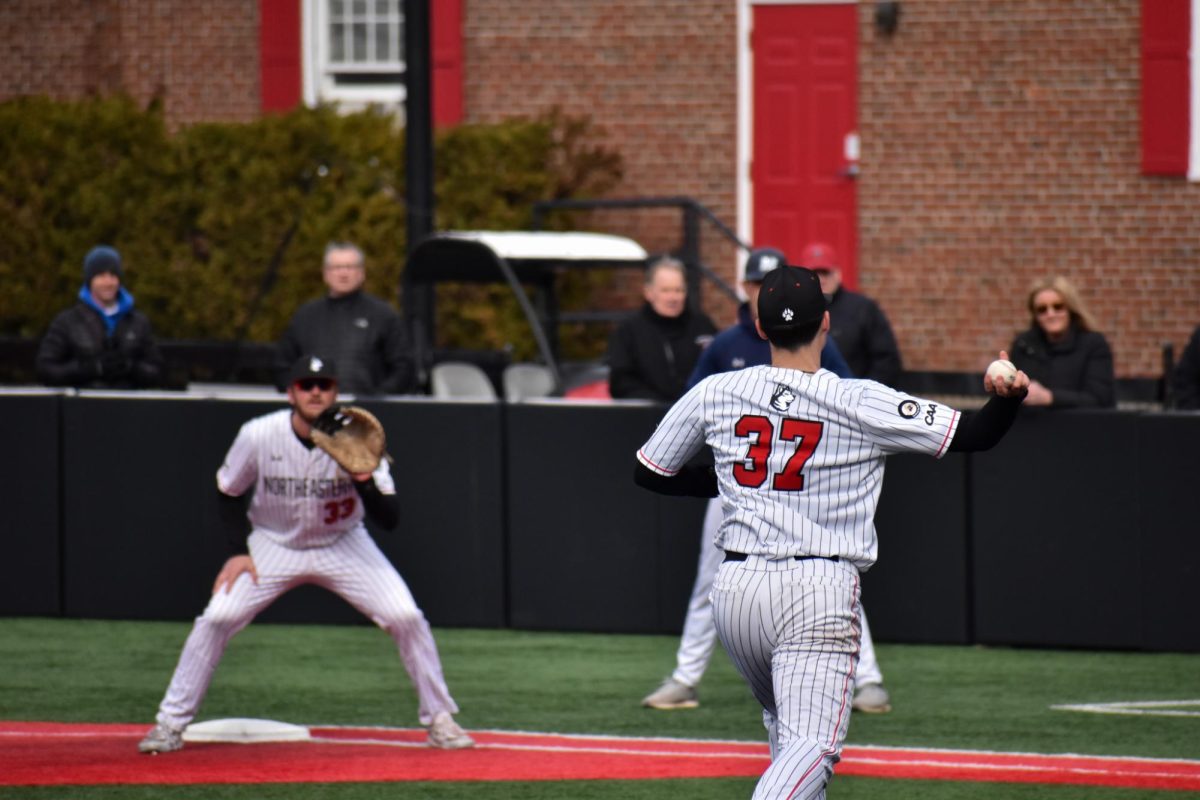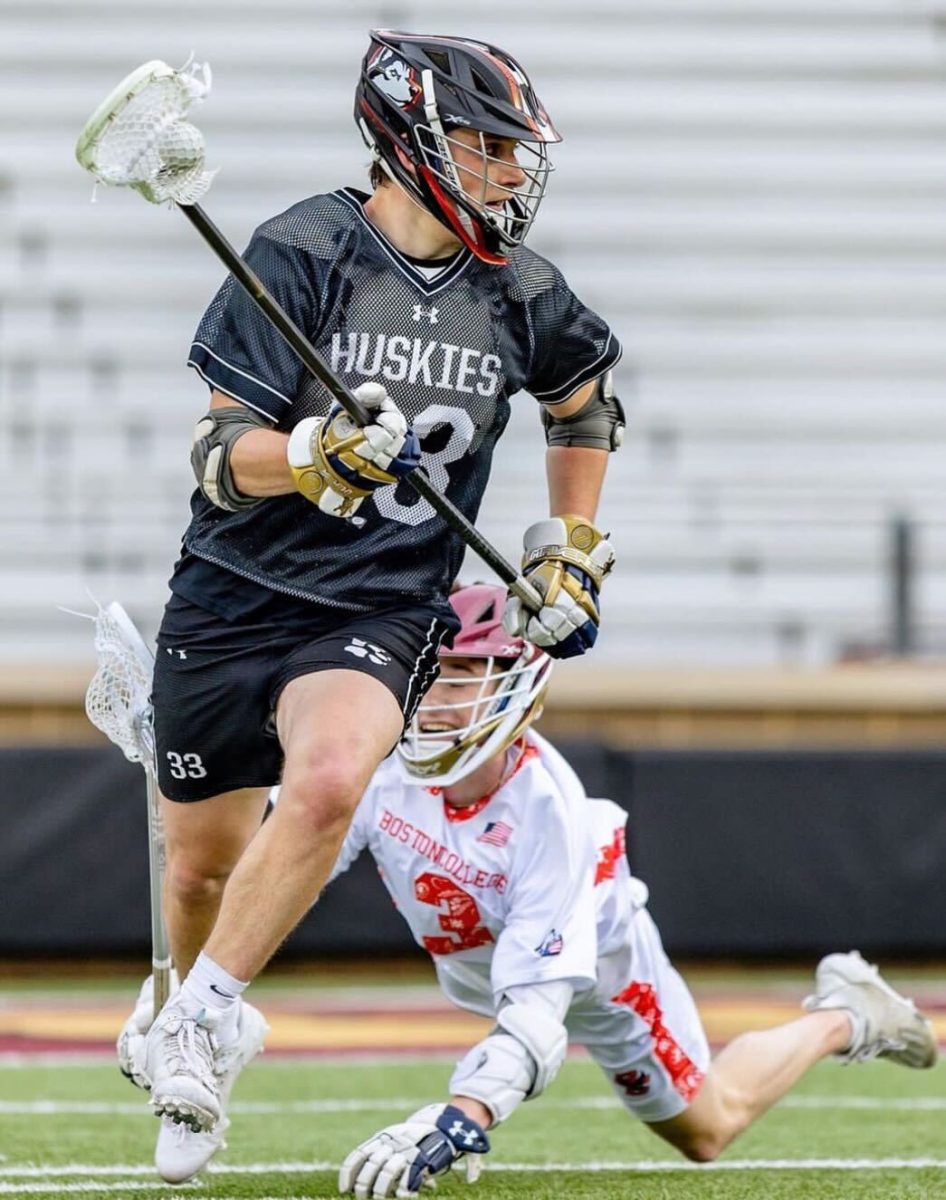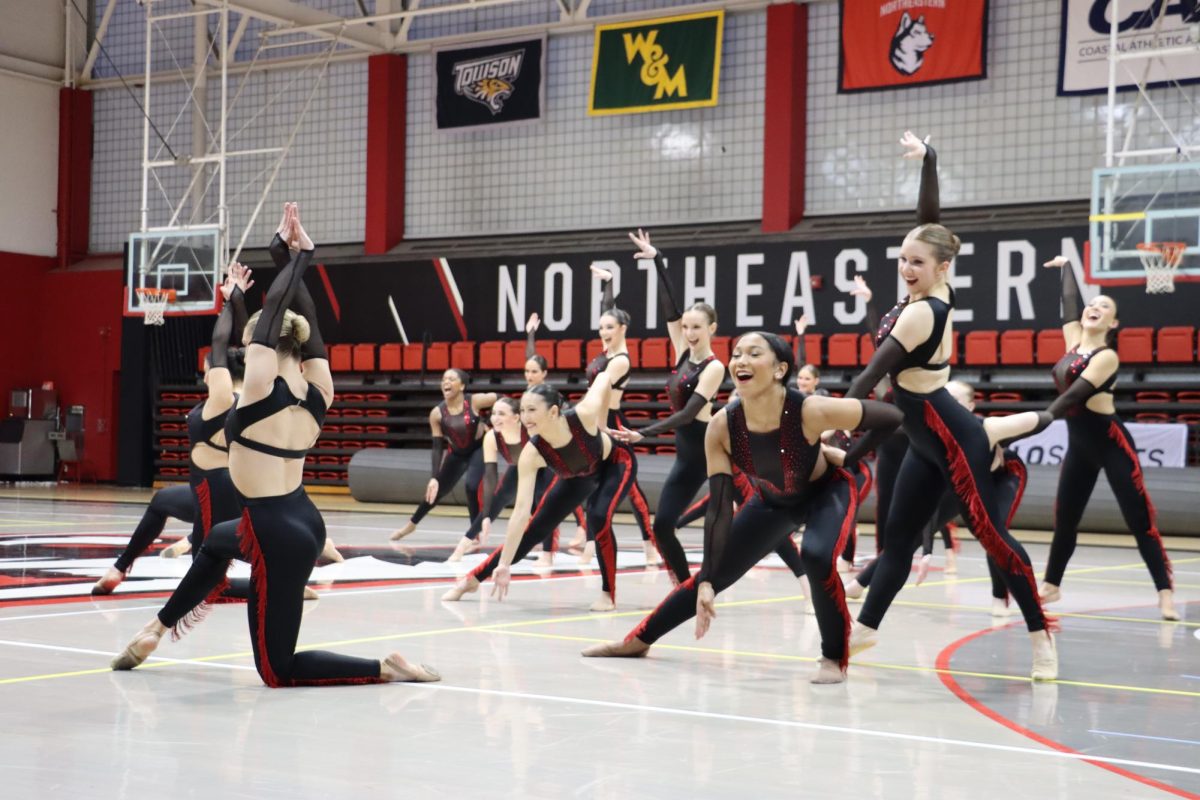By Dylan Lewis, News Staff
Michael Sam grabbed the attention of the national audience, sports and mainstream, by deciding to open up about his sexual preferences in an interview with the New York Times that went public a few days ago.
The 6-foot-2-inch, 260-pound defensive lineman earned AP Southeastern Conference Co-Defensive Player of the Year and All-American honors in his senior year. By general insider consensus, he projects to be a third or fourth round pick in the upcoming NFL Draft. Scouts have expressed concern about his size as a defensive end at the pro level, and expect him to have to switch to linebacker.
In the past two days, NFL scouts and executives have expressed that they are more concerned with the fact that he is gay. He is the first prospective professional football player to come out.
After Sam came out, just two weeks before the NFL Draft Combine, an NFL executive, speaking anonymously said he doubted Sam would get drafted. Others involved in player personnel weren’t sure that the league’s locker rooms were ready for this change.
“In the coming decade or two, it’s going to be acceptable, but at this point in time it’s still a man’s-man game,” one NFL Executive told Sports Illustrated. “To call somebody a [gay slur] is still so commonplace. It’d chemically imbalance an NFL locker room and meeting room.”
Another veteran NFL scout said of Sam’s draft prospects, “I just know with this going on this is going to drop him down. There’s no question about it. It’s human nature. Do you want to be the team to quote-unquote ‘break that barrier?’”
An interesting choice of words.
Sports often gets associated with barrier-breaking. Jackie Robinson’s debut for the Brooklyn Dodgers in 1947 forced the nation to confront race relations, and was a catalyst for the civil rights movement.
Branch Rickey, a Dodgers executive, was very deliberate about breaking baseball’s color barrier, searching for the “right man” – one who famously had guts enough not to fight back – for a year and a half before signing Robinson to a minor league contract in 1945.
Rickey once said, “I may not be able to do something about racism in every field, but I can sure do something about it in baseball.” He was a visionary that saw something that needed to be socially normalized, and used his unique position to do just that.
Back in Missouri, Sam’s teammates weren’t surprised by the revelation. They had known since August, when Sam came out to a small group during a preseason team building activity. Nobody said anything to the press. Nobody had any problem with it. One teammate traveled with him to St. Louis to attend a gay pride event. Others joined him for nights out at gay bars. This was in Missouri, mind you.
Sam’s sexual preference certainly wasn’t a distraction for a Mizzou football team that went 12-2 this year, capping off its season with a Cotton Bowl victory.
His coach at Mizzou, Gary Pinkel, said that he suspects that initial locker room reaction may have been mixed, but no player ever approached the coaching staff about it. In discussing his teammates, Sam told ESPN “they supported me from day one. I couldn’t have better teammates. … I’m telling you what: I wouldn’t have the strength to do this today if I didn’t know how much support they’d given me this past semester.”
Much like Dodgers shortstop Pee Wee Reese standing alongside Robinson with his arm around him in the face of a racist crowd in Cincinnati in 1947, Mizzou’s locker room atmosphere was the supportive force that fostered Sam’s trust and ultimately led him to feel comfortable exposing himself to the rest of the world.
Sure, not all the Dodgers were okay with sharing the field with a black player, but Rickey quickly showed them the door. Hopefully individuals in the NFL’s front offices will start to think the same way.












